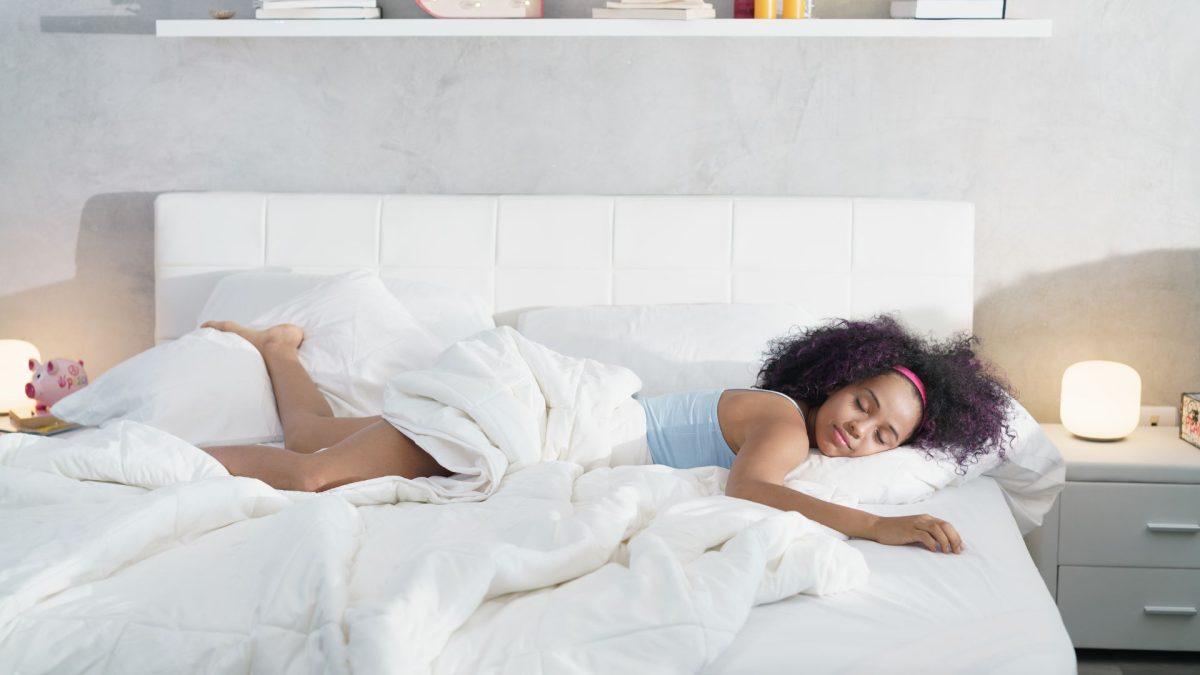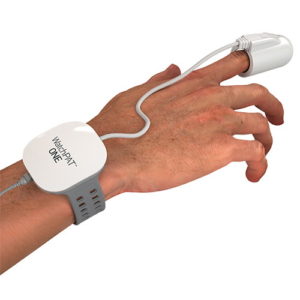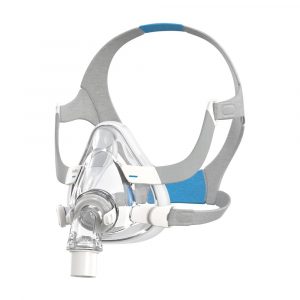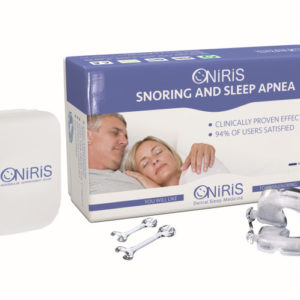Fact Checked
Intus Healthcare’s writers, customer service team, and sleep experts review and ensure this information is accurate.
Last updated on March 14th, 2024 at 02:17 pm
Healthy sleeping habits and behaviours are known as sleep hygiene. Quality sleep helps your mind and body function at its best throughout the day, improving your overall physical and mental health.
Having good sleep hygiene benefits everyone, including those with sleep disorders such as Insomnia, Hypersomnia and Obstructive Sleep Apnoea (OSA).
Table of Contents
Why is good sleep important to your health?
Sleep hygiene is beneficial for every aspect of your physical and mental well-being, and good practises can improve your productivity and day-to-day functioning.
Let’s explore some benefits of maintaining good sleep hygiene:
- Increased brain function: Sleep helps to enhance cognitive function, including memory, concentration, attention and problem-solving skills. It promotes better decision-making abilities and clearer thinking. You are more focused, alert, and efficient when you are well-rested.
- Restorative sleep: Practicing good sleep hygiene helps you get the restorative sleep your body needs. During sleep, your body repairs and rejuvenates itself, which is crucial for physical and mental health.
- Reduced stress: Sleep is important for stress management. Getting sufficient sleep helps regulate stress hormones, reduces the negative impact of stress on the body, and promotes relaxation. Chronic stress can disrupt your hormonal balance and lower testosterone levels. Relaxation techniques and managing stress through good sleep habits can help reduce stress hormones like cortisol. Reducing your cortisol helps to support testosterone levels.
- Lower risk of chronic diseases: By consistently practising good sleep hygiene, there is a lower risk of chronic conditions such as diabetes, cardiovascular disease and obesity.
- Improved immune system: To support a healthy immune system, sleep is crucial. Getting enough sleep helps your body’s immunity function at its best, reducing the risk of illnesses and infections.
- Better mood: Sufficient sleep helps to improve your mood and emotions. However, poor sleep can lead to irritability, mood swings, and an increased risk of developing depression and anxiety.
- Weight: Sleep deprivation affects your hormones and appetite, leading to increased cravings. Poor sleep can lead to weight gain and obesity.
- Improved heart health: When we sleep, our body goes through the sleep cycle to restore from the day, reducing stress on the heart. Lack of sleep can cause complications, such as high blood pressure and stroke.

What are the signs of poor sleep?
Awareness of what poor sleep hygiene looks like is just as helpful as knowing what good sleep hygiene is. By learning the differences, you can make the changes you recognise in yourself to improve your sleep. Poor sleep is becoming more common with the increase in using blue light technology and eating the wrong foods. Some signs of poor sleep hygiene include:
- Waking up tired: Feeling groggy or unrefreshed despite having slept well can indicate poor sleep quality. It may be a result of sleep disturbances or an irregular sleep routine.
- Daytime fatigue: Excessive sleepiness and struggling to stay awake during the day can be signs of poor sleep hygiene. This affects your ability to concentrate and focus, which could impact your work and home life.
- Struggling to stay asleep: If you wake up frequently during the night and struggle to fall back asleep, it could be a sign you’re not getting enough sleep. Factors like stress, anxiety, or an uncomfortable sleep environment can have an impact.
- Struggling to fall asleep: If you consistently find it difficult to fall asleep after getting into bed, it may be a sign of poor sleep hygiene. An irregular sleep schedule, excessive caffeine consumption, or engaging in stimulating activities close to bedtime make it too hard to fall asleep.
- Poor bedtime routine: Taking part in stimulating activities, such as using smart devices, working, or taking part in intense physical exercise, close to bedtime can disrupt your ability to wind down and prepare for sleep. A lack of a relaxing bedtime routine can result in poor sleep quality.
- Acne breakouts and puffy eyes: Inflammation can increase if you have a poor sleep routine, and as a result, your hormone levels can also become irregulated. This can lead to increased sebum production and clogged pores, which can contribute to acne breakouts.
- Difficulty losing weight: Poor sleep hygiene can impact your appetite. It can disrupt the balance of hormones regulating appetite, such as leptin and ghrelin, resulting in difficulty losing weight. Cravings resulting from poor sleep quality can make it difficult to stick to a healthy eating plan, potentially leading to overeating and weight gain. To support weight loss goals, it’s crucial to prioritise good sleep hygiene and ensure an adequate amount of quality sleep.
How to improve your sleep
Good sleep hygiene is all about prioritising your sleep by creating a routine and removing any habits that hinder sleep.
Here are a few easy suggestions you can try to promote better sleep.

Create a sleep schedule
Establishing a consistent sleep schedule enables the body to rejuvenate and replenish during the night. Strive to maintain a regular sleep-wake routine, even at weekends, as irregular sleeping patterns can impede the ability to fall asleep and elevate stress levels. You can do this by waking up at the same time every day, whether it’s a weekday or weekend. Getting good sleep will also help you wake up at the same time so you are well-rested and prepared for your day.
Adjust room temperature
Your bedroom temperature can influence the quality of your sleep, and sleeping in a cooler room is generally beneficial. The ideal temperature for a restful sleep is typically around eighteen degrees Celsius. Most medical professionals suggest a temperature between the range of fifteen to twenty to ensure optimal comfort during sleep.
Bedroom comfort and routine
To optimise your sleep hygiene, ensure your bedroom is used only for sleep and intimacy. Engaging in other activities may create a mental association that detracts from restfulness.
Sticking to the same bedtime routine can make it easier to fall asleep. For example, putting on your pyjamas and brushing your teeth lets your mind know it is bedtime. Additionally, removing distractions and going to bed only when you feel tired can enhance your sleep environment.
Take time to wind down
Allow yourself one hour before sleeping to wind down; this will help your body to relax and fall asleep. You can do this by reading, listening to soft music, stretching and practising other relaxation techniques.
Avoiding stimulants
Stimulants can keep you awake for up to four hours before you try to sleep, so it is generally best to avoid them. Consider in the last hour before going to bed reducing any intake of stimulants. For example, avoid caffeine after two in the afternoon to help your body relax and unwind before sleep. Nicotine and Alcohol are also stimulants and will affect the quality of your sleep.
Drown out noise
Noisy surroundings can make it harder to fall asleep; earplugs can drown out the noise and make it easier to fall asleep. You could also try white noise to help you sleep if you find earplugs uncomfortable.
Calming scents
A variety of scents can help you sleep by relaxing and calming your mind. Some examples include lavender, peppermint and jasmine. These can be used in candles and oils before bedtime.

Regular exercise
Engaging in regular exercise aids in the body’s relaxation process, reducing nighttime awakenings. Exercising for around twenty minutes a day can be a great start to help you unwind and fall asleep.
However, exercising too close to bedtime can excessively stimulate the body, impacting your ability to fall asleep. Avoid exercising ninety minutes to three hours before sleep.
Exposure to daylight
Exposing yourself to natural light signals your brain to start the day. Dedicate around fifteen to twenty minutes to daylight exposure, as it helps to wake up your body and reset your circadian rhythm. You could even incorporate this with your daily exercise to help you sleep better.
Switching off electronic devices
The blue light emitted by electronic screens affects the body’s production of melatonin, a hormone for regulating sleep. The circadian rhythm relies on light cues to establish sleep and wake patterns. Therefore, it is better to abstain from using electronic devices for a minimum of ninety minutes before bedtime. Like stimulants, blue light is best avoided close to bedtime to ensure you can get to sleep more easily.
Avoid napping
Napping for more than twenty minutes can make it hard to fall asleep and disrupt the body’s internal clock. Taking them too close to bedtime can leave you feeling disorientated when waking up.
While you may feel refreshed from having a nap at the moment, taking regular naps for long periods of time will actually impact your sleep hygiene and, as a result, can make it more difficult to get to sleep.
Eating a balanced diet
Maintaining a balanced diet contributes to improved quality of sleep. Foods rich in tryptophan possess natural sleep-inducing properties. Your body needs a variety of vitamins and nutrition for day-to-day function and long-term health and to help keep a consistent sleep routine.
Milk, cheese and oats contain tryptophan or melatonin, which help contribute to a healthy night’s sleep. Including more of these types of foods will help you wind down easier, and the quality of your sleep will also improve.
Try not to eat big, heavy or spicy meals before sleeping to enhance your sleep. Doing this can lead to your body still trying to digest the food at bedtime.
Learn more – Foods to help you sleep
Focus on sleep quality
Sleep duration often takes priority when we think about improving sleep. Yet, the quality of sleep holds equal importance. Our sleep journey encompasses five stages, repeated approximately five times at night.
As the cycle progresses, our memories from the day are stored, and information is processed, among other essential functions. Disturbances such as waking up at night to use the toilet can disrupt the cycle, preventing us from reaching the later stages.
To help prevent this, limit the intake of liquids before bedtime to help avoid these sleep disturbances.
Learn more
Do women need more sleep than men?
Why am I waking up tired after 8 hours of sleep?
Doing a Sleep Apnoea test
Good sleeping habits are essential for performing and feeling like your best self.
However, you could already be doing all these things and still struggle to get to sleep or stay asleep. Symptoms of poor sleep hygiene are also similar to symptoms of Sleep Apnoea. Those with Sleep Apnoea benefit greatly from establishing healthy habits and maintaining good sleep hygiene. Taking these first steps will help manage the sleep disorder as well.
If you think you have symptoms of Sleep Apnoea, you can use our free OSA risk assessment to establish your risk.
If you are at risk, our In-Home Sleep Test is a fast and effective way to either confirm or rule out the disorder.









